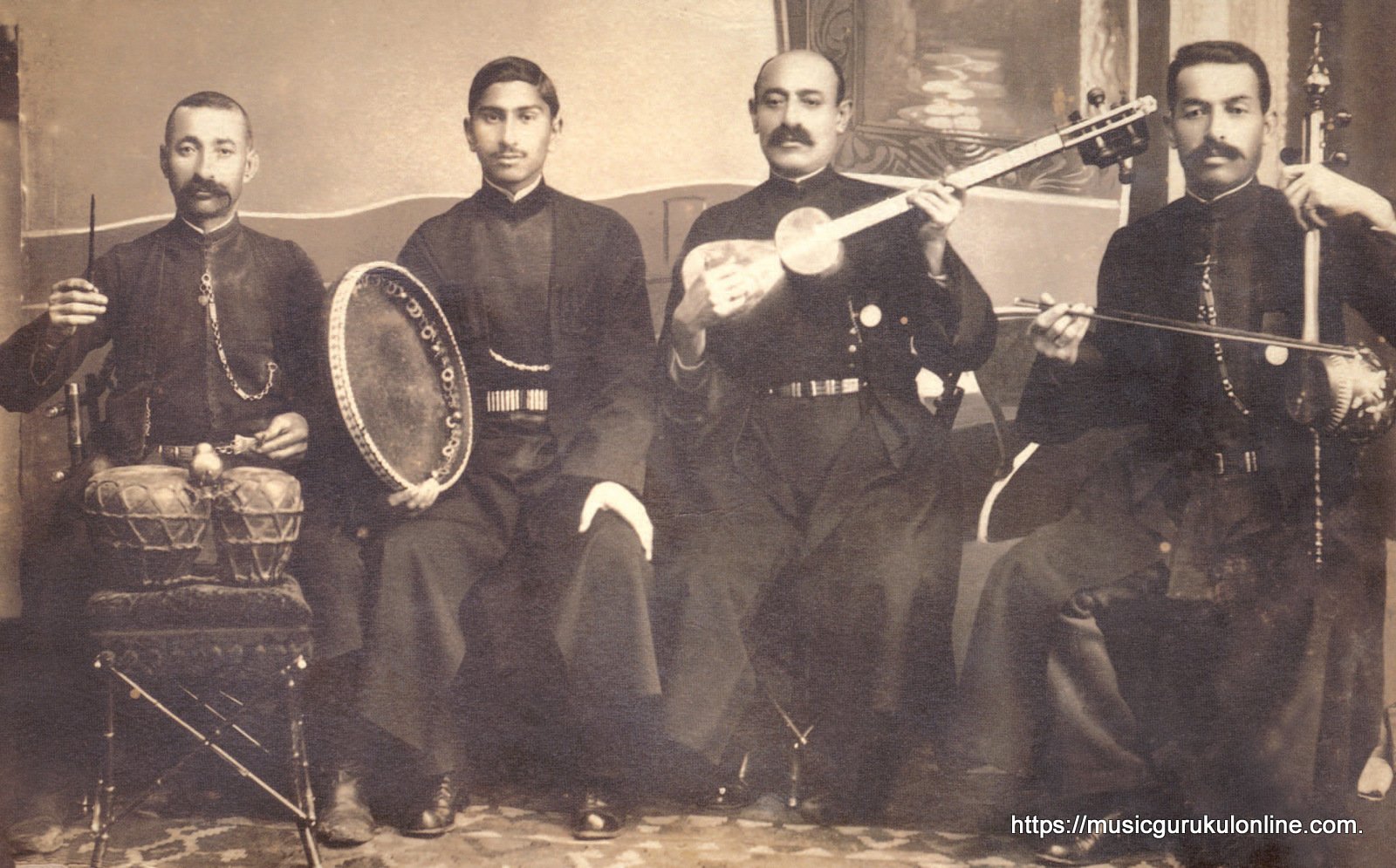Azerbaijani classical music is a captivating and diverse genre that has its roots in the rich cultural heritage of the Azerbaijani people. With a history spanning centuries, this musical tradition combines elements of Eastern and Western influences, resulting in a unique and enchanting sound. From the soul-stirring melodies of the mugham to the vibrant compositions of contemporary composers, Azerbaijani classical music showcases the nation’s artistic prowess and serves as a testament to its cultural identity.
Table of Contents
Azerbaijani Classical Music

Historical Background:
The origins of Azerbaijani classical music can be traced back to ancient times, where it flourished as part of the region’s rich musical heritage. Over the centuries, Azerbaijan’s strategic location on the crossroads of the Silk Road facilitated cultural exchanges, contributing to the evolution of its musical traditions. Influences from Persia, Turkey, Central Asia, and the Caucasus region all left indelible imprints on Azerbaijani music, creating a diverse and unique blend of styles.
The Mugham: Soulful Expressions:
At the heart of Azerbaijani classical music lies the mugham, a traditional musical form that embodies the essence of the nation’s musical identity. The mugham is a highly improvisational and emotionally charged style characterized by its modal system and ornamental vocal techniques. Rooted in the rich musical traditions of the region, the mugham serves as a medium for self-expression, exploring themes of love, longing, spirituality, and the human condition.
Prominent Instruments:
Azerbaijani classical music boasts an array of traditional instruments that contribute to its distinct sound. The tar, a long-necked lute-like instrument, is often considered the national instrument of Azerbaijan and plays a central role in classical performances. Other prominent instruments include the kamancha (spike fiddle), balaban (double-reed woodwind instrument), naghara (drum), and the saz (long-necked lute). These instruments lend their unique timbres to the musical landscape of Azerbaijani classical compositions.

Notable Composers:
Azerbaijan has produced a lineage of exceptional composers who have made significant contributions to the classical music world. One of the most renowned figures is Uzeyir Hajibeyov, often hailed as the father of Azerbaijani classical music. His opera, “Leyli and Majnun,” composed in 1908, marked the first Muslim opera in the Islamic world. Other notable composers include Fikret Amirov, Gara Garayev, and Franghiz Ali-Zadeh, who have successfully integrated Western classical techniques with Azerbaijani folk traditions.
Fusion of Eastern and Western Influences:
Azerbaijani classical music is a testament to the harmonious fusion of Eastern and Western musical traditions. Throughout history, Azerbaijani composers have drawn inspiration from both the rich musical heritage of the East and the innovations of Western classical music. This fusion has led to the development of unique styles, such as the “symphonic mugham,” which combines the expressive qualities of mugham with the grandeur and complexity of Western orchestral arrangements.
International Recognition and Festivals:
Azerbaijani classical music has gained international recognition through its virtuosic performers, influential composers, and various cultural festivals. The Gabala International Music Festival, held annually in Azerbaijan, attracts renowned musicians and orchestras from around the world, providing a platform for cultural exchange and collaboration. Similarly, the Baku International Jazz Festival and the Uzeyir Hajibeyov International Music Festival celebrate the diverse musical traditions of Azerbaijan, showcasing the country’s classical music heritage.
Preservation and Modern Revival:
In recent years, there has been a renewed focus on preserving and reviving Azerbaijani classical music. Efforts have been made to document and catalog the traditional mugham repertoire, ensuring its transmission to future generations. Moreover, contemporary composers continue to innovate and experiment with new forms and styles, incorporating electronic music, jazz, and fusion elements while maintaining a deep respect for the traditional foundations of Azerbaijani classical music.

Azerbaijani classical music is a testament to the rich cultural tapestry of Azerbaijan. Its deep roots in tradition, combined with its openness to innovative ideas, have resulted in a unique and captivating genre. With its soul-stirring mugham performances, diverse instrumental compositions, and a fusion of Eastern and Western influences, Azerbaijani classical music serves as a cultural ambassador, representing the nation’s artistic heritage on the global stage. As efforts continue to preserve and innovate within this musical tradition, the future of Azerbaijani classical music shines bright, ensuring that its harmonious melodies will resonate for generations to come.
See more:
